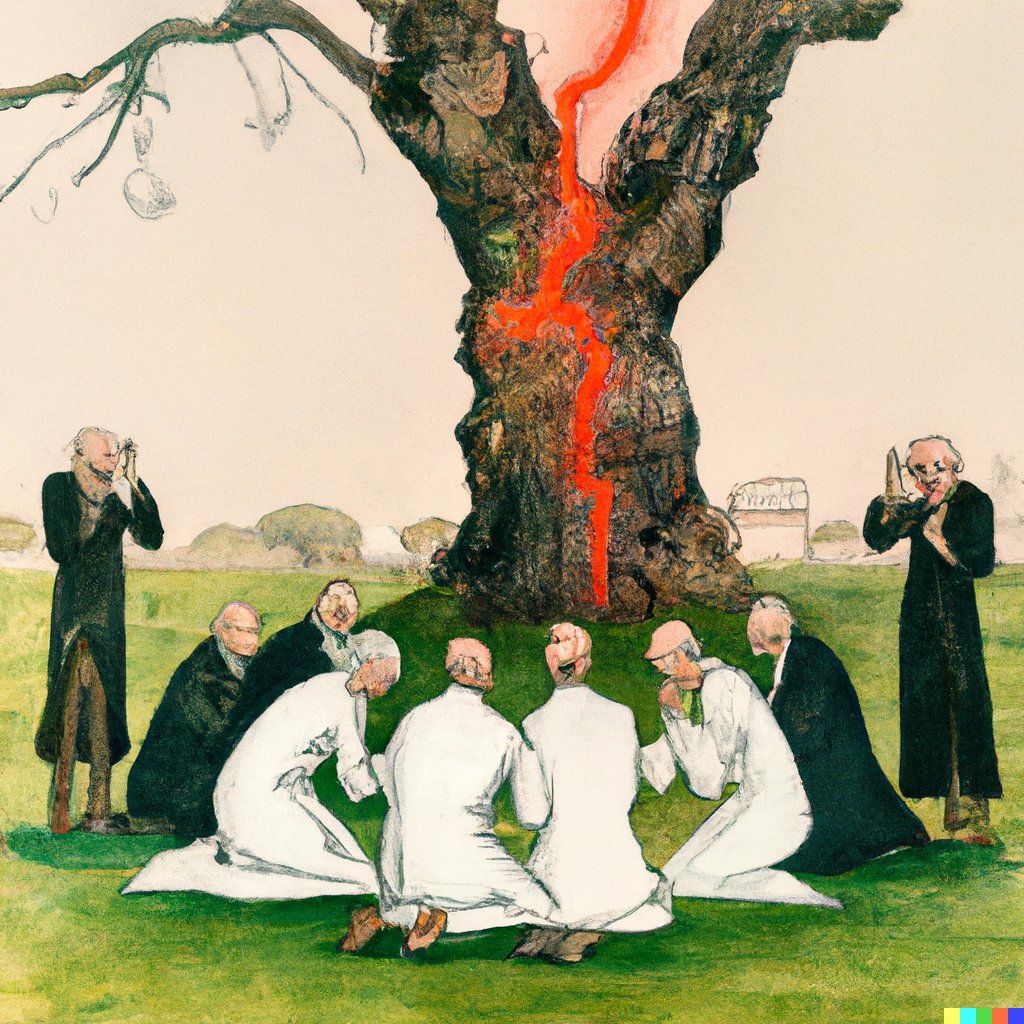Welcome to new subscribers!

We've had a number of new subscribers join us over the past couple of weeks, so I'd like to take a moment to welcome you all by providing a brief orientation, and a recap of some recent content here at Samsara Diagnostics.
I'm Matthew, and I write here at Samsara Diagnostics. As a subscriber, you'll receive a weekly email (typically on Friday mornings) on some topic in philosophy or religion. I share my weekly writings with subscribers for free, but I'm planning to launch some premium series for subscribers within the coming months. Keep your eyes out for that announcement, and consider becoming a financial supporter.
As a recap, last week's pieces composed two parts of an investigation into the superiority of dialectical thinking over paradoxical thinking.
Last Monday's post engages the debate between Slavoj Žižek and John Milbank in their collaborative volume The Monstrosity of Christ. Both thinkers use the figure of the crucified Christ to argue for a mode of thinking which moves beyond secular reason – Slavoj Žižek argues that Christ is a dialectical figure, whereas Milbank contends for the need to return to paradoxical thinking. I provide some reflections on why I find Žižek more persuasive, especially on the political dangers of paradox.
Last week's Friday post continued the discussion by way of a Twitter exchange I had on some finer points of Christology. The question "how can an immortal God die?" provides an opportunity to contextualize the abstract discussion we started on Monday. Dialectical thinking conceived as ironic narrative mobilizes dilemmas in ways which enable us to enact interventions in our particular context.
Before we wrap up, I'd be remiss if I forgot to mention the book I'm working on. Right now, I'm writing a book about Endo Shusaku's novel Silence. The text looks at Japanese history and the political ideology of the Tokugawa shogunate to make some judgments about the existential decisions made by Fr. Rodriguez in Endo's novel. This text will be of value to anyone interested in Japanese history, Christian missions in East Asia, political theology, the history of Buddhism, the philosophy of Slavoj Žižek, and much more. You can learn more about the book here, and you can purchase an exclusive pre-order offering here.
Thank you for reading, everyone. Your support means an immense amount to me.
